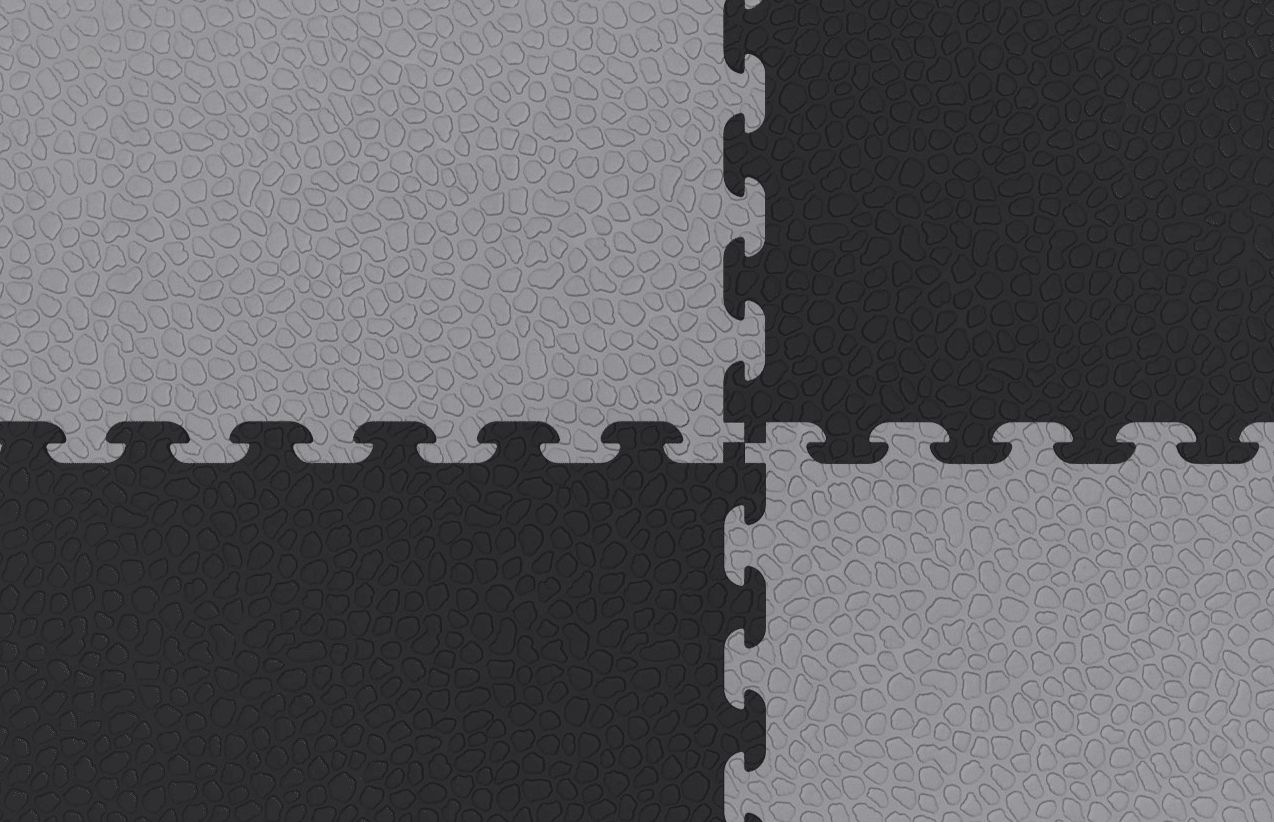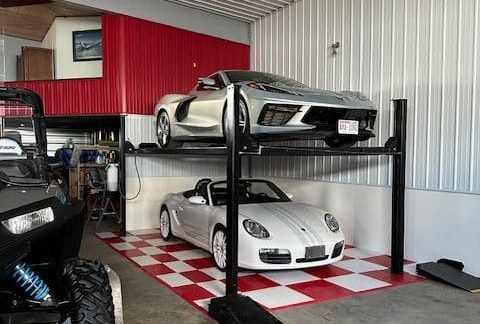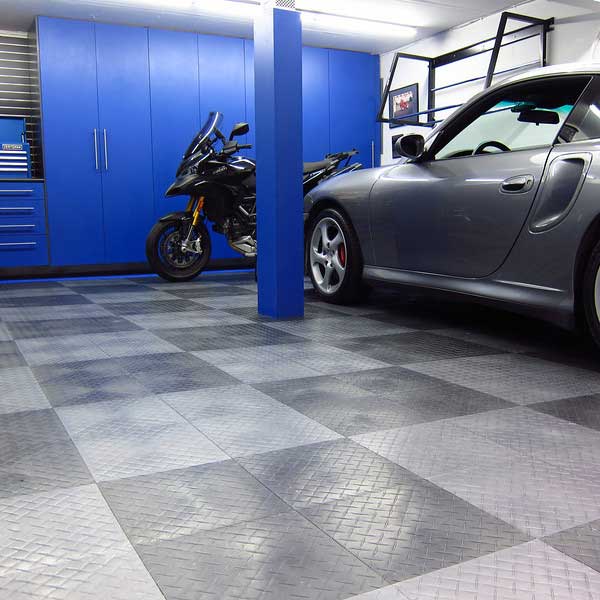You’ve picked out the perfect epoxy coating or polyurea coating for your garage floor, envisioning that sleek, durable finish. Now comes a crucial question: when is the best time to apply it? Unlike painting an interior wall, applying garage floor coatings is highly sensitive to environmental factors, especially temperature. Getting the timing right is paramount for proper curing, optimal adhesion, and the long-term success of your investment.
At Garage Flooring LLC, we ship our coatings nationwide, so we understand that “ideal conditions” can vary greatly by region and season. Let’s break down the temperature considerations and help you find the best window for your garage floor transformation.
Why Temperature (and Humidity) Matter So Much
Garage floor coatings are thermosetting polymers. This means they cure through a chemical reaction between two or more components. This reaction is profoundly affected by temperature:
- Too Cold:
- Slow or Incomplete Cure: The chemical reaction slows down significantly, or even stops. The coating may remain tacky, never fully harden, or result in a brittle, weak finish.
- Poor Adhesion: Cold concrete can inhibit the coating from properly penetrating and bonding, leading to delamination (peeling).
- Increased Viscosity: The coating becomes thicker and harder to spread evenly, leading to an inconsistent finish.
- Too Hot:
- Accelerated Cure (Short Pot Life): The coating cures too quickly, leaving you little working time. It can become thick and unworkable in the bucket, leading to uneven application or wasted material.
- Bubbling/Blistering: Rapid curing can trap gasses or solvents, causing bubbles in the finish.
- Poor Flow and Leveling: The coating might not have enough time to self-level, resulting in roller marks or an orange-peel texture.
- High Humidity:
- Blushing/Hazing: Excessive moisture in the air can react with certain coating components, causing a cloudy or hazy appearance on the surface (called “blushing”).
- Adhesion Issues: High humidity can also contribute to poor adhesion, especially on damp concrete.
- Accelerated Cure: Our single component Polyurea will cure faster the higher the humidity is, which can cause the coating to cure faster than expected.
The “Sweet Spot” for Garage Floor Coatings
While specific ranges vary by product, a general rule of thumb for optimal application and curing of most epoxy coating and polyurea coating systems is:
- Air and Surface Temperature: Consistently between 50°F (10°C) and 80°F (27°C).
- Humidity: Below 85% relative humidity.
It’s crucial to check both the air temperature and the concrete surface temperature. Concrete can hold cold or heat longer than the ambient air. You can use an infrared thermometer to measure your floor’s surface temperature.
Best Time of Year by Region:
Knowing the ideal range helps you identify the prime application windows:
- Spring (Late Spring is Ideal): Often one of the best times. Temperatures are rising but not yet extreme, and humidity is typically moderate. The concrete has had time to warm up from winter.
- Fall (Early to Mid-Fall is Ideal): Another excellent window. Temperatures are cooling but remain stable and moderate, and summer humidity often subsides. The concrete is still warm from summer.
- Summer:
- Challenges: Can be too hot, leading to accelerated cure times and bubbling. High humidity is also common.
- Strategy: If applying in summer, work early in the morning when temperatures are lowest. Ensure good ventilation. Avoid direct sunlight on the floor during application. Be mindful of humidity. For very hot climates, summer might be best avoided unless the garage is climate-controlled.
- Winter:
- Challenges: Generally the most difficult season. Cold temperatures significantly slow down or stop curing, leading to poor performance. Heaters with ignition sources cannot be used to warm the garage while the coating cures due to the fumes coming off of the coating as it cures. Ideally to get fumes and chemical smells to go away quickly, you would need good ventilation in the garage which can be a challenge in winter months while trying to maintain a warm temperature.
- Strategy: Only consider winter application if your garage is heated (without ignition) to maintain temperatures consistently within the ideal range for the entire application and cure period (often 3-7 days after application). You’ll need to warm the concrete itself, not just the air.
Tips for Success, No Matter the Season:
- Read Product Instructions Meticulously: Every coating kit has specific temperature and humidity requirements. Adhere to them without exception.
- Use a Thermometer & Hygrometer: Don’t guess. Monitor your garage’s ambient temperature and relative humidity. An infrared thermometer is great for surface temperature.
- Warm the Concrete (if cold): If applying in cooler conditions, use portable heaters (avoid direct flame onto the floor) to bring the concrete surface temperature into the ideal range for at least 24 hours before application. DO NOT use heaters with ignition sources during installation. Fumes coming from the coating can become flammable in areas with low ventilation. Check the installation instructions for the coating you are working with or contact us if you have any questions on if your installation plan is safe.
- Ventilate Well: Always ensure adequate airflow during application and curing, especially with solvent-based products, to dissipate fumes and help manage humidity.
- Store Materials Properly: Keep your coating kits at room temperature (around 70°F / 21°C) for at least 24-48 hours before mixing. Cold materials will be thick and harder to work with.
Choosing the right time of year is as crucial as choosing the right product for your garage floor coating. By paying attention to temperature and humidity, you’ll set yourself up for a flawless, long-lasting finish that you’ll enjoy for years to come.
Ready to find the perfect coating for your garage?




